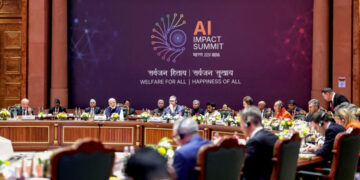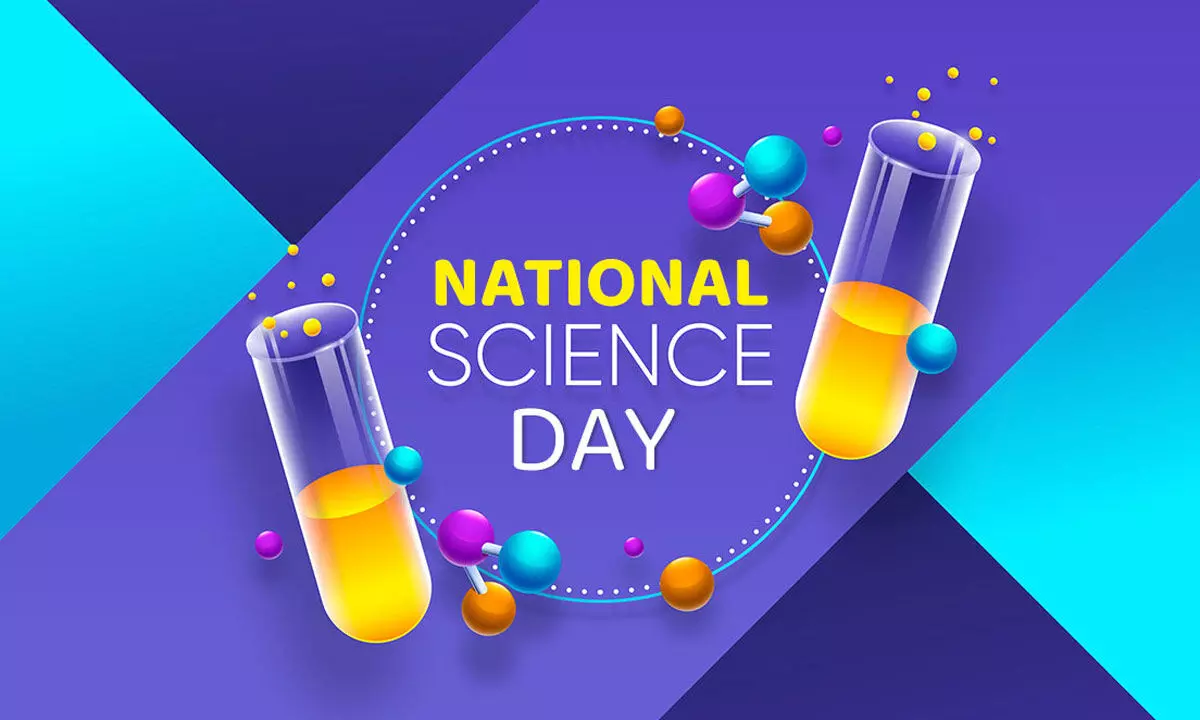By: Aaqib Rashid Shah
In today’s rapidly advancing world of science and technology, practical experience and hands-on training are of paramount importance in nurturing the scientists and researchers of tomorrow. These experiences are the crucible in which theoretical knowledge is transformed into practical skills, critical thinking, and problem-solving abilities. Here are some key reasons why practical experience is so crucial in shaping the scientists and researchers of the future:
- Application of Theoretical Knowledge: While theoretical knowledge provides the foundation, it is the practical application of this knowledge that turns abstract concepts into tangible results. Scientists and researchers need to know how to translate theory into practice to make meaningful contributions to their fields.
- Skill Development: Hands-on training hones technical skills essential for conducting experiments, handling equipment, and analysing data. These skills are indispensable for researchers, as they directly impact the quality and reliability of their work.
- Problem-Solving Abilities: Practical experiences expose individuals to real-world challenges and unexpected outcomes. Researchers who have engaged in hands-on work are better equipped to troubleshoot, adapt, and find innovative solutions when faced with problems in their experiments.
- Critical Thinking: Practical experience fosters critical thinking, as it requires individuals to evaluate, analyze, and make decisions based on their observations. This type of thinking is fundamental for formulating research questions, designing experiments, and drawing conclusions.
- Exposure to Cutting-Edge Technology: Many fields of science and research are technology-driven. Hands-on training allows aspiring scientists to gain exposure to state-of-the-art equipment and methodologies, keeping them up-to-date with the latest advancements in their respective fields.
- Interdisciplinary Collaboration: Hands-on experiences often involve collaboration with experts from diverse backgrounds. This interdisciplinary exposure encourages cross-pollination of ideas and innovations, leading to breakthroughs that might not be possible within a single discipline.
- Building Confidence: Working with one’s hands and directly participating in research activities helps build confidence. It empowers individuals to trust their abilities and take on more significant challenges in their academic and professional careers.
- Real-World Relevance: Practical experience demonstrates the real-world relevance of scientific knowledge. It shows students and researchers how their work can impact society, fostering a sense of purpose and motivation.
- Preparation for Future Challenges: The challenges and uncertainties of practical research mirror the challenges of the real world. Developing resilience and adaptability in a controlled research environment can prepare future scientists to address global challenges.
In conclusion, practical experience and hands-on training play a pivotal role in shaping the scientists and researchers of tomorrow. By providing opportunities for students and aspiring scientists to engage in experiential learning, institutions and educators are preparing individuals to be more effective, innovative, and adaptable contributors to their respective fields and to society as a whole.
Recognising this, I will sum up with the recently concluded one-day Research Training Facility Program for the Research Scholars of The Kashmir Valley organised by Prof Basharat Ahmad, Department of Physics, University of Kashmir under SSR SERB Project, a ground-breaking initiative designed to empower researchers with the practical skills required to harness the full potential of research facilities. The event was meticulously structured to offer participants an immersive learning experience in the utilization of research facilities. The program commenced with an introduction to the state-of-the-art equipment available within the department’s research facilities. From VSM Technique to Impedance spectroscopy, participants were exposed to an impressive array of scientific tools. The demonstrations and Hands-on Training With instruments provide us with an opportunity to do experiments individually.
The University of Kashmir’s Physics Department is not just about physics; it is a hub for interdisciplinary research. During the program, participants had the unique opportunity to explore research facilities from various scientific disciplines. This inter-departmental exposure ignited the spark of interdisciplinary collaboration and innovation among attendees. By offering practical training, fostering interdisciplinary collaboration, and instilling a culture of research, this program has played a pivotal role in shaping the future of science and technology in the region.
As the participants leave the event with enhanced skills, inspired minds, and a network of fellow researchers, they are better equipped to make meaningful contributions to the world of science, pushing the boundaries of knowledge and innovation. This initiative not only benefits us in the Theory but also sets a shining example for academic institutions, emphasizing the importance of hands-on training in shaping the scientists and researchers of tomorrow. As a Participant of the said Program, I am highly thankful to Prof Basharat Ahmad for his endless efforts in initiating this workshop. I personally feel that it is a much-needed step towards fruitful research as having hands-on experience with the instruments will definitely lead to quality research.
The writer can be reached at aaqibmaths@gmail.com







